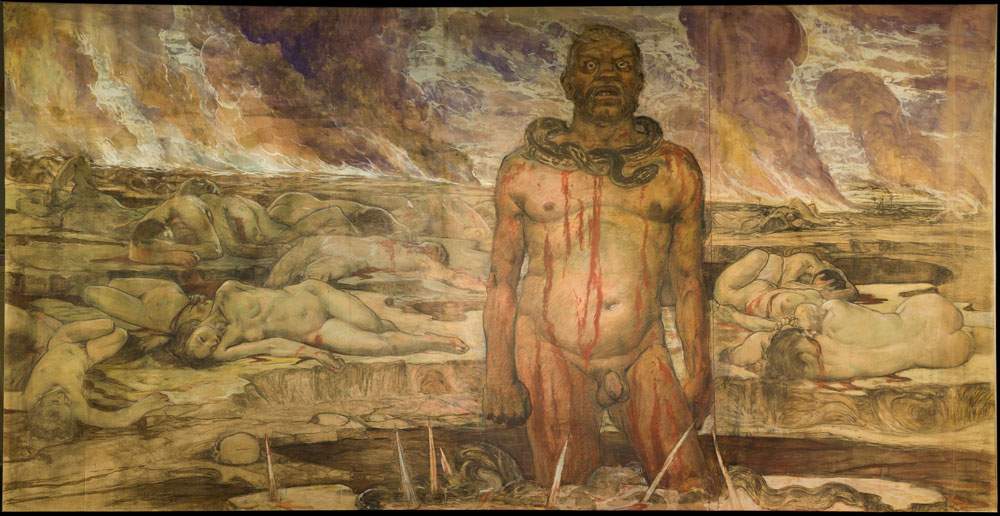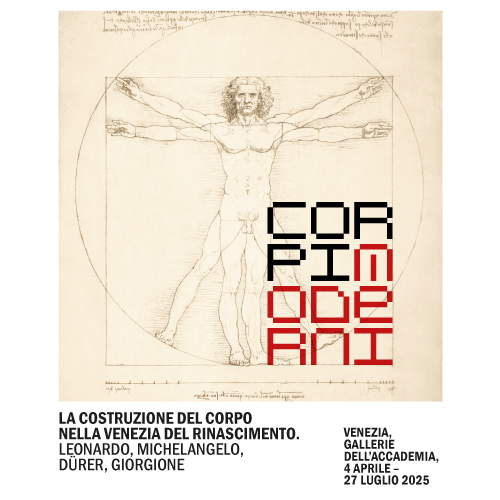Pitti Palace commemorates Bridge Night with exhibition of Galileo Chini's Mad Dictator
On the occasion of August 4, the anniversary of the Night of the Bridges in 1944, when the army of the Reich in retreat from Florence blew up all the connections on the Arno in the city except Ponte Vecchio, Palazzo Pitti and the Boboli Gardens will have free admission, and the large preparatory cartoon of the Mad Dictator, a mixed media work by Galileo Chini, will also be on display.
The latter will be placed in theAnticamera degli Staffieri of the Gallery of Modern Art in the Pitti Palace and will be visible to the public throughout the month of August. The work was created in 1939, a year after Adolf Hitler’s visit to Florence, during the period when the Führer was invading Poland: in its hallucinatory expressiveness, the canvas constitutes a lucid and brutal manifesto of that historical situation, and testifies to the artist’s commitment to and torment of the horrors of the war that had just begun, as well as being a symbolic warning against dictatorships and wars.
Throughout the day there will be focus tours led by museum specialists, dedicated to The Mad Dictator and Jan van Huysum’s Vase of Flowers, a work recently returned to the Uffizi after 75 years. These in-depth talks will be free of charge and will be held at 11 a.m. for the Mad Dictator (another appointment at the same time will be held the previous day), while at 4 p.m. the commander of the Carabinieri’s Cultural Heritage Protection Unit in Florence, Major Lanfranco Disibio, will illustrate the Vase of Flowers and its recovery together with the director of the Uffizi Galleries, Eike Schmidt.
"The Night of the Bridges, in which the Wehrmacht destroyed some of the most beautiful corners of the heart of Florence, was one of the countless dark episodes of which the Third Reich, fortunately defeated at the end of World War II, was a protagonist. But as recent episodes in the news, not only in Germany, testify, so many years later the phenomenon of attempted revivals of Nazism has never really died. The only weapon to permanently relegate this monstrosity of history to the grave of the past is the promotion and dissemination of culture and memory: and this special day, made even more vivid by the exhibition of Galileo Chini’s Mad Dictator, is meant to symbolically fulfill precisely this function," said the director.
 |
| Pitti Palace commemorates Bridge Night with exhibition of Galileo Chini's Mad Dictator |
Warning: the translation into English of the original Italian article was created using automatic tools. We undertake to review all articles, but we do not guarantee the total absence of inaccuracies in the translation due to the program. You can find the original by clicking on the ITA button. If you find any mistake,please contact us.





























